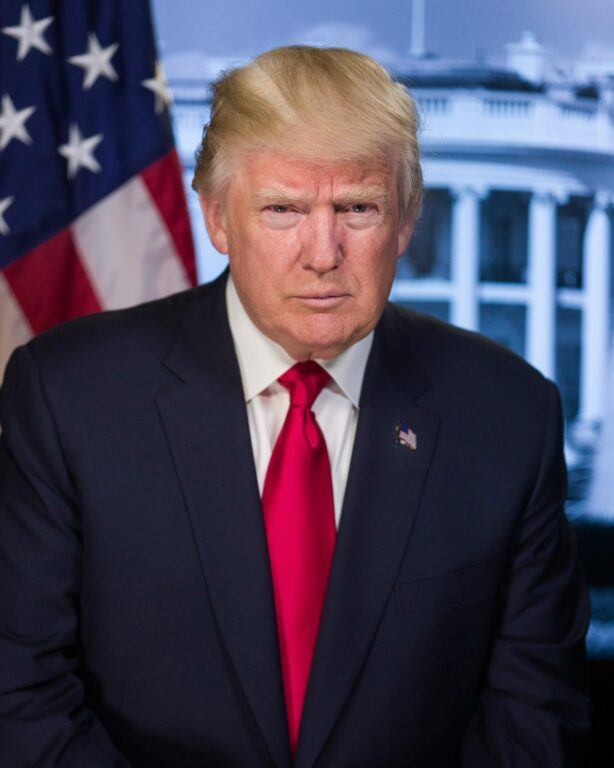Former U.S. President and current presidential candidate Donald Trump has last week said he wouldn’t allow the Federal Reserve to create a central bank digital currency (CBDC), in a stance that reonates with the cryptocurrency industry, and drew skepticism on whether his potential return to the presidency would change the government’s approach to enforcement actions.
During a campaign speech in Portsmouth, New Hampshire, the former US President said he was making “another promise to protect Americans from government tyranny” by “never” allowing the creation of a CBDC. He said:
Such a currency would give the federal government, our federal government, absolute control over your money […] they could take your money, and you wouldn’t even know it was gone.
Per Trump, such a currency would be a “dangerous threat to freedom.” Around 130 countries are currently exploring the potential launch of a CBDC, including several members of the European Union, the U.K., China, and more.
The U.S. Federal Reserve has experimented with various types of CBDC, with these digital currencies raising concerns among cryptocurrency proponents over their potential to bolster government surveillance and control.
The crypto industry is also concerned about how the election will affect the SEC Chair Gary Gensler’s tough crackdown on different crypto initiatives and services. The SEC has sued major cryptocurrency exchanges Coinbase and Binance after the collapse of FTX over alleged securities law violations.
TD Cowen policy analyst Jaret Seiberg has advised the industry not to jump to conclusions over what could happen if Trump were to win the electrions, pointing out that Gensler’s tenure lasts until June 2026, unless he decides to resign earlier.
According to Barron’s, it’s also unclear whether the cryptocurrency industry would be a priority for a Trump administration. The policy course would hinge on who Trump named to the Securities and Exchange Commission, Commodity Futures Trading Commission, and other regulators.
Trump’s move to block a CBDC, per the former President, came from the economic vision of Vivek Ramaswamy. In his economic agenda, Trump is positioning his policies to attract working-class support, leveraging the ethos of states like New Hampshire that favor small government. His advisors have indicated a potential shift in his tax policy, focusing more on making individual tax cuts permanent rather than lowering corporate tax rates.
Featured image via Unsplash.









